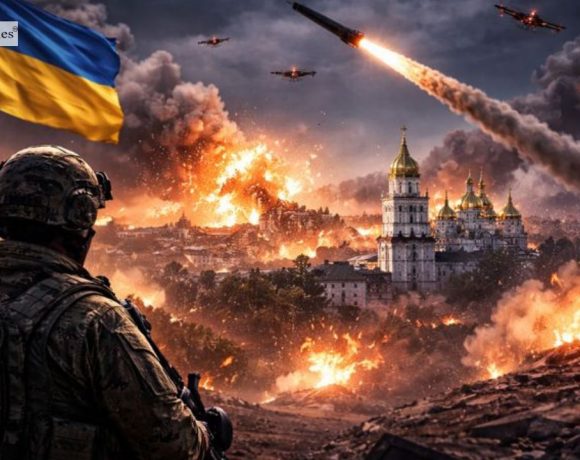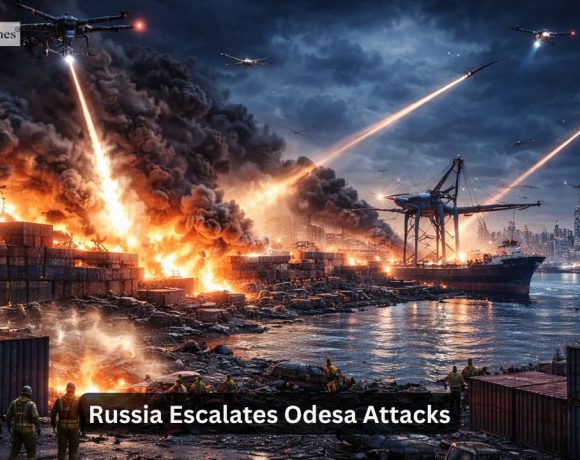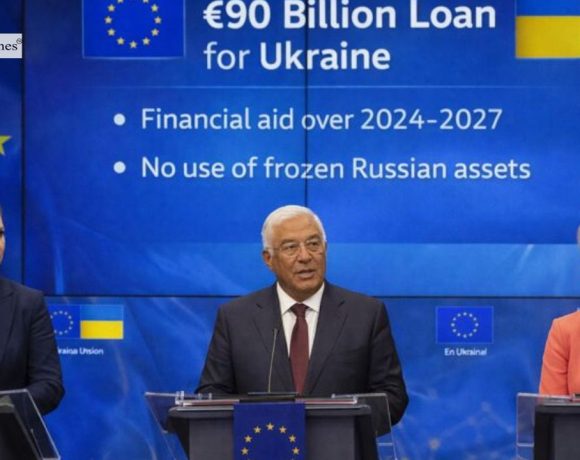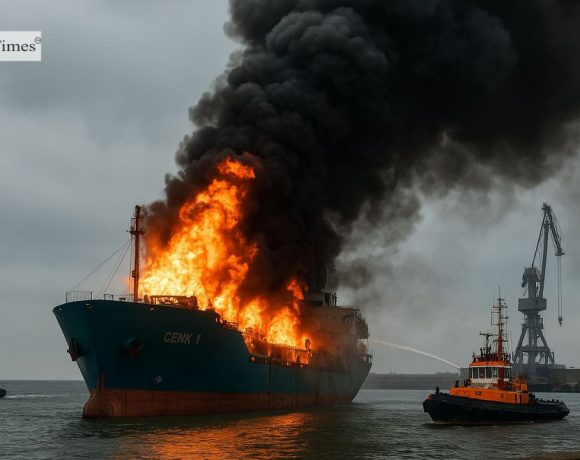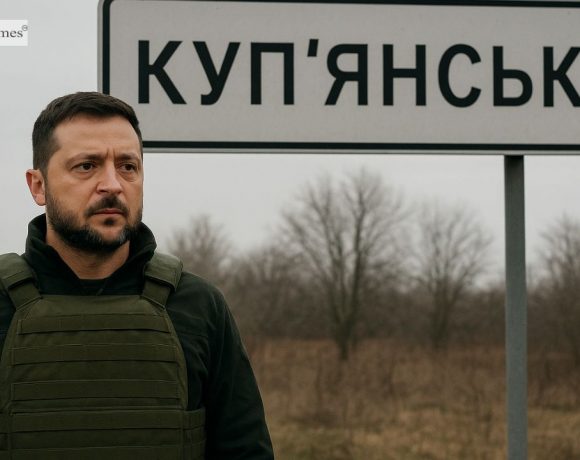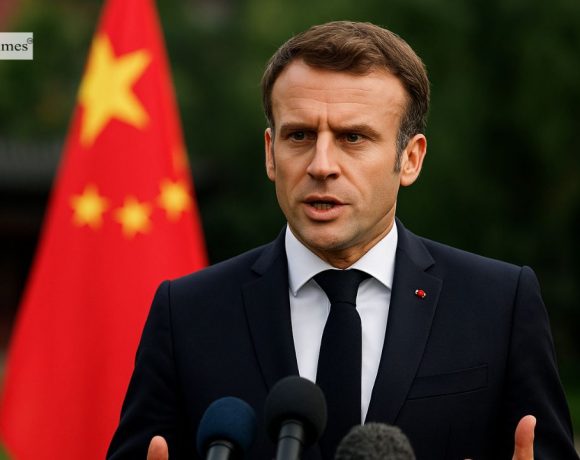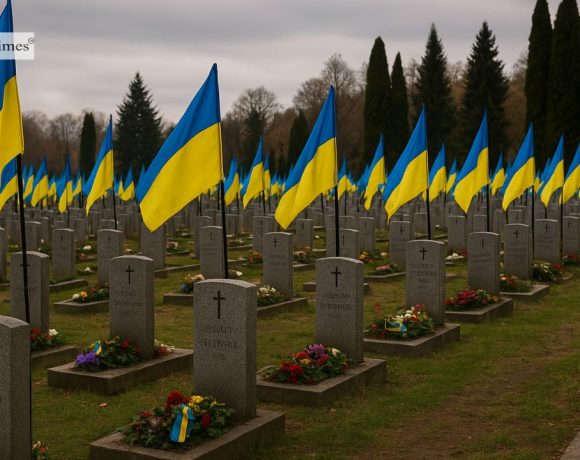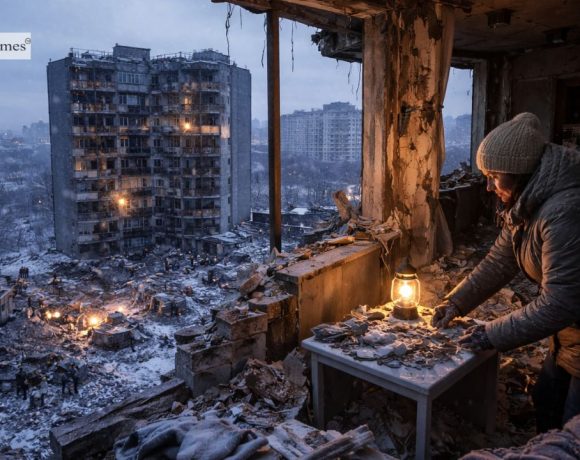
Kyiv residents are struggling to cope with freezing temperatures after a Russian drone strike ripped open a high-rise apartment building, shattering windows and cutting off basic services. Nataliya Revutska, a 58-year-old resident, said her flat remains partly habitable despite severe damage, but there is no water or electricity. The strike exposed families to harsh January winds as temperatures dropped to around minus 10 degrees Celsius.
The attack was part of a wider overnight assault in which Russia launched 242 drones and 36 missiles across Ukraine, killing four people and further straining the country’s energy system. Ukrainian officials said they were working urgently to restore power to about 500,000 consumers and heating to thousands of buildings in Kyiv. In western Ukraine, a hypersonic missile strike near the EU border added to concerns over escalating pressure on civilian infrastructure.
At the damaged Kyiv building, residents cleared debris amid falling snow and the hum of generators. Twelfth-floor resident Oleg Marasin described chaos and casualties after a second strike hit medics nearby. Despite the destruction and ongoing outages, residents told Reuters they remain determined to endure. “We’ve already survived,” Revutska said. “We’ll continue living somehow.”
Pic courtesy: google/ images are subject to copyright


